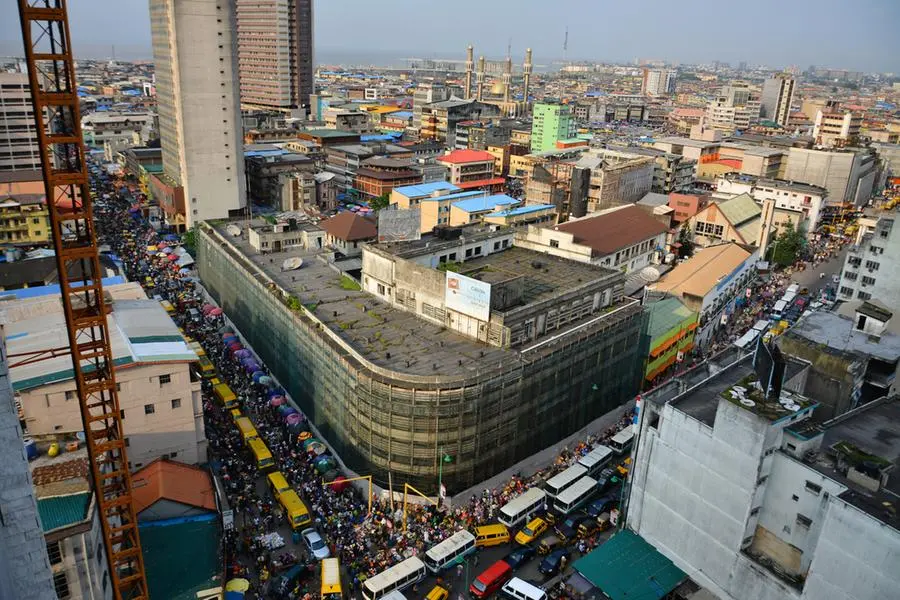PHOTO
Nigeria's annual inflation rate jumped to a new 18-year record, driven higher by the impact of sweeping reforms by President Bola Tinubu that ended a fuel subsidy and weakened the currency.
Inflation rose to 25.8% in August from 24.08% in July, the statistics office said on Friday. Official estimates show that the last time Nigerians faced this level of inflation was in August 2005.
Following Tinubu's decision to eliminate gasoline subsidies, transport and food prices in Africa's Africa's largest economy have soared, angering unions and the general public. Fuel consumption has also dropped sharply.
The naira has weakened against the dollar because of Tinubu’s policy to allow the currency to float freely in the market, exacerbating inflation.
The president has conceded that Nigeria’s economy has been affected by his new polices, but said the long-term impact on the economy of doing away with the costly subsidy and removing currency controls would be positive.
David Omojomolo, Africa Economist at Capital Economics said inflation will continue to worsen. The analyst also said he expected new tightening by the central bank, but was concerned it would not take bold action.
"And while the official naira exchange rate has been broadly steady, the parallel rate has started to weaken again. As a result, we expect inflation to rise to more than 30% y/y in the coming months," he said in a note.
"The CBN (Central Bank of Nigeria) delivered an underwhelming 25bp (basis point) hike at its July meeting but, at the next meeting on 26th September, we expect that it will act more aggressively and raise rates by 150bp to 20.25%," he said.
(Editing by Seban Scaria seban.scaria@lseg.com )




















